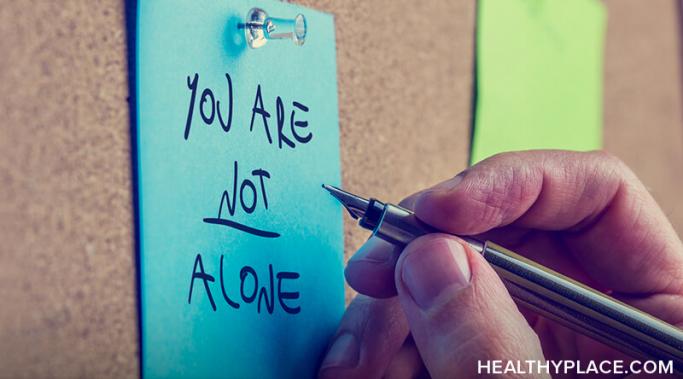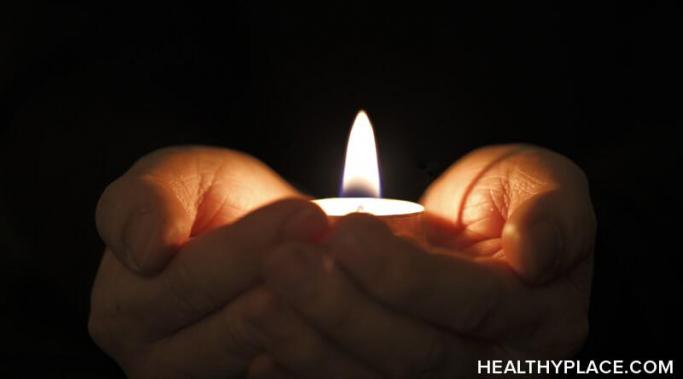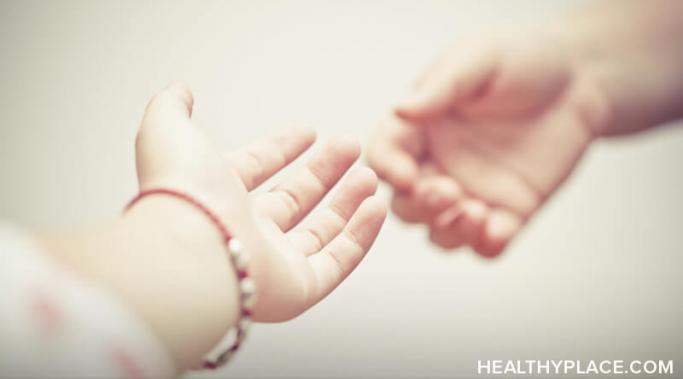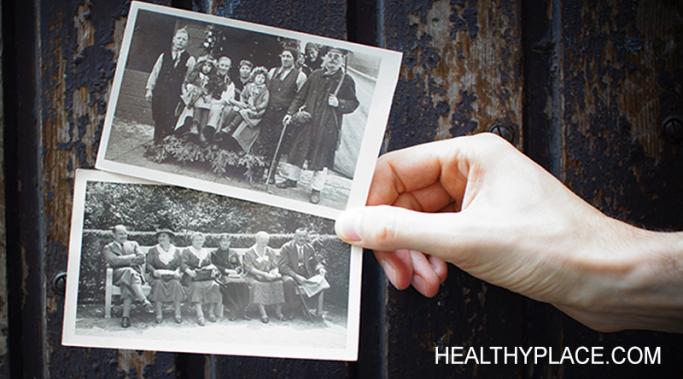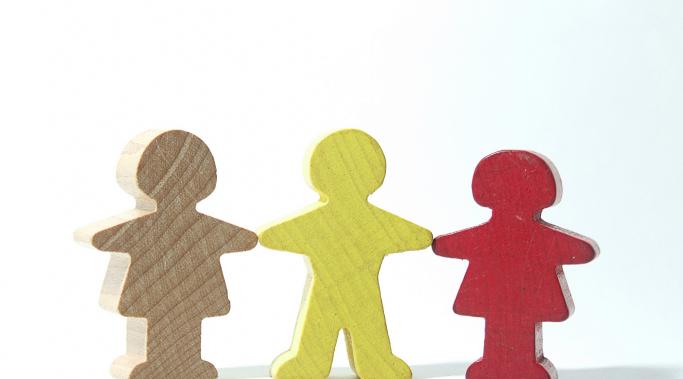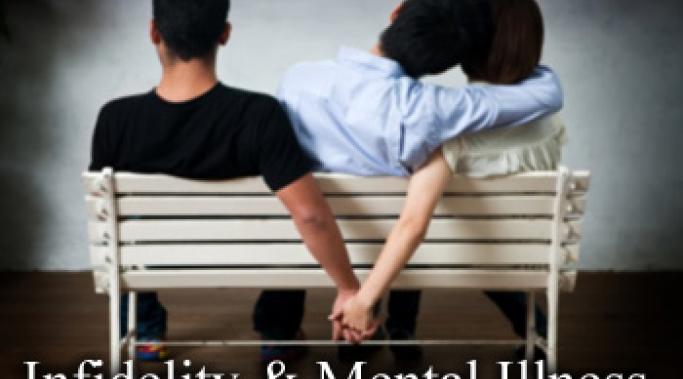It's good for me to self-disclose about my mental illnesses earlier in relationships rather than later. You see, when I received my diagnosis of generalized anxiety disorder and began taking antidepressants in middle school, I felt my identity shift. Finally, I had a name and a treatment for the frustrating and complicated symptoms I had experienced since I could first walk and talk. For so long, my identity and mental health were inextricably intertwined, and they still are.
Mental Illness Impact on Others
Anxiety made me "that annoying friend" early in life. I vividly remember the first time that my generalized anxiety disorder (GAD) inserted itself, without invitation, into my relationships. I was in third grade, playing in the sandbox during recess when I found out that Jess (names changed) had invited Katrina to see the new Shrek movie but hadn't extended the invitation to me. I remember being devastated and insecure. For the remainder of recess, I moped around the chain-link fence by myself, kicking up patches of dirt while negative thoughts swarmed my head. Why hadn't she invited me? What was wrong with me? These tentative thoughts soon turned into statements taken as fact. My friends hate me. Nobody likes me. I am an annoying friend and useless. I didn't talk to anyone else for the rest of that day.
The suicide of a loved one, or suicide in general, is a tough thing to talk about. Even sitting here typing, it is a triggering topic for me. Not only have I been close to suicide myself and wished for death more times than I can count, I have also had to deal with the suicides of a couple of people I have been close to. I can only imagine that for many of you out there, it is the same.
Sadly, there are times when love isn't enough in a relationship. There is a song that sometimes plays in my head. It is by Patty Smyth and Don Henley, and it is called Sometimes Love Just Ain't Enough. It is hauntingly beautiful, speaking of love and loss, and of when to give up in a relationship. It speaks to when love isn't enough in a relationship.
Establishing a wide mental health support network is important. I often say that my mental illness is sometimes harder on those around me than it is on me. I am, after all, used to having bipolar II disorder and the mood swings that are associated with it. I have lived with it for more than 20 years. However, in my relationships, it can sometimes be a challenge to cope with me when I am at one pole or the other. This is one of the most important reasons to have a wide mental health support network.
My name is Jonathan Berg, and I am excited to be able to share my story with you and to join the Relationships and Mental Illness team here at HealthyPlace. I was diagnosed with bipolar disorder type II when I was 14. From the start, I hid it from everyone, including my closest friends and my parents. I was afraid that people would think I was crazy. I am sad to say that this fear lasted for more than 20 years.
When your roommate has bipolar disorder, there are things to consider. Though the effects of mental illness affect those who suffer most acutely, they also cause significant consequences to those friends and family. Those effects can be felt more acutely by those who live with someone suffering with a mental illness. When your roommate has bipolar disorder -- or any other mental illness -- they may, unwittingly, be responsible for taking care of you and managing their own reactions to your symptoms (Effects of Bipolar Disorder on Family and Friends).
A family-related mental health relapse becomes more possible in the days approaching Halloween and the winter holiday season. You see, for those of us with mental illness, these holidays may be filled with dread rather than joy and anticipation. Likely, some of our issues with coping emanate from family situations, and we may experience triggers that can cause a mental health relapse when around our family. Many emotions can cause mental health relapse, particularly when experienced during a holiday period full of expectations and various personalities (Anatomy Of A Mental Health Relapse).
Forming healthy relationships isn't easy in mental illness recovery when I'm experiencing symptoms of my bipolar disorder because I'm known to behave badly. Well, not necessarily badly per se, but differently than I'd behave if I were completely healthy. At times, my behavior affects myself and at other times it affects forming healthy relationships with the people around me. These relationship mistakes have sometimes caused me to lose friends and alienate acquaintances. But when I work towards forming healthy relationships during mental illness recovery, it leads to greater understanding and better connections (Why Healthy Relationships Matter).
When there's infidelity and mental illness in a romantic relationship, it causes pain for both parties which is often irreparable. When infidelity and a mental illness collide, the fallout can cause the most harm to the person dealing with the disease. Whether one does the cheating or is cheated upon, managing the emotional damage of infidelity in a romantic relationship can be enough to cause or worsen a mental illness episode.

